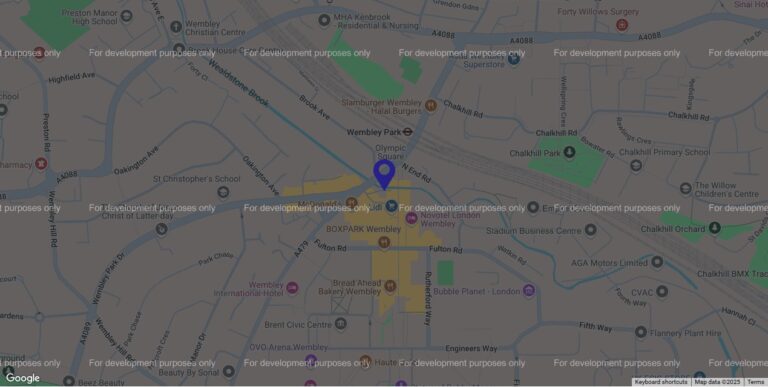It’s understandable that when you’re investing in a project, you want to know you own the IP (intellectual property). It’s your idea, it’s your “baby” and you – or your company – need to protect your investment.
Therefore it’s important to understand how this works in the web world. A developer can’t actually hand over complete IP of what they’ve coded for you because so much of what they do for you either won’t be theirs to give (perhaps they’ve used 3rd party tools like Google Maps or a JavaScript library – or even a web font), or there may be parts of your tool which actually aren’t unique and the developer needs to be able to code those for someone else next week.
Overall, all the different parts of your system may equal a unique project. But if, for example, your website allows people to login – your developer is very likely to need to create a login for their next client, or the one after that. And when they come to do it, they can’t guarantee that they won’t use the same technique or even some of the same code as they used for you. You’ve chosen your developer based on their skill and expertise – and they need to be able to use that skill and expertise for their future work. Giving you complete IP would actually mean they could never code a login for anyone else again after doing it on your website.
So that’s why you need them to grant you a “non-exclusive perpetual licence”. Your developer can say that you are able to own a license to the IP for as long as you need it – but they aren’t actually giving away their stock and trade, and they can still work for other people and offer those other clients a licence for their projects too.
There can then be details to determine, so as whether this license is transferable – if you sell your project, does the licence transfer to the new owners? (You’ll need this if you want to stand a chance of selling your project one day so it’s good to get it in black and white.) You may also need to describe different terms for different parts of the website. For example, you may have provided all of the content, so you can’t have a blanket contract which says the developer is just granting you a licence for that along with their work; that’s already yours. And it might be the case that they can give you complete IP of the design of the site (barring any techniques they’ve used for user experience of SEO) – it’s just the code that they can’t hand over IP for in full.
A well written contract will also need to stipulate what the licence covers… you’ve got the IP to do what exactly? You’ll need to work with your developer to list everything you may need to do – such as use, maintain, develop (if you want the freedom to get another developer to work on the site one day), modify and possibly even re-brand the site.
As you might already be thinking after reading this article – it can be wise to involve a solicitor in something like this. But a solicitor who understands the process and doesn’t just demand IP. Ideally, work with a developer or agency who have handled IP requests before so they perhaps have a contract ready and waiting to be used. It’s a good idea to raise the issue of IP at the start of a project if it’s going to be important to you – if your developer doesn’t have an IP contract in place no one likes to have a load of legal work (and expense) landed on them that they weren’t expecting!
If you ask your developer or agency for IP and they just say it’s fine, you can have it, that might actually legally mean you don’t have it at all. It might just be the case that the developer doesn’t understand this process or hasn’t come across it before – so they think they can hand it over to you, but they’re not about to give up work and never code a website again! So in fact, they’re not giving it to you at all. Whilst on the surface you might think a “non-exclusive perpetual licence” doesn’t sound as good as “actually having the IP”, the licence is possible – full IP usually isn’t.

